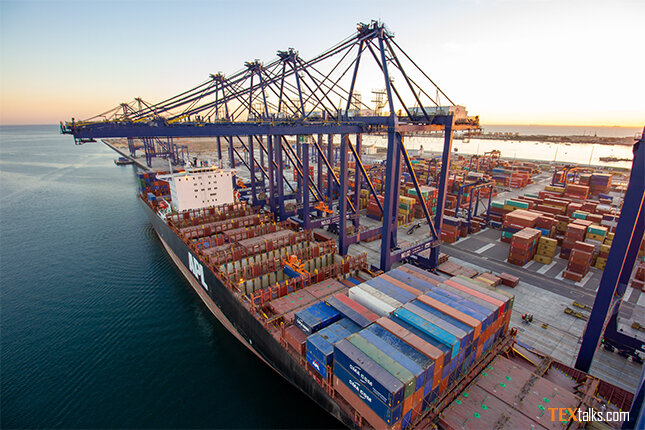Pakistan’s major ports remain among the most expensive for international shipping lines compared to key regional ports, a recent report presented to the Standing Committee on Planning, Development and Special Initiatives revealed. The analysis highlights factors contributing to Gwadar port’s underperformance, raising questions about its strategic and economic viability.
Gwadar, the flagship project of the China-Pakistan Economic Corridor (CPEC), was expected to rival other regional ports and attract significant shipping traffic. However, recent data indicates slow operational uptake and minimal cargo throughput, casting doubts on its current trajectory.
The report showed that Karachi Port Trust (KPT) imposes the highest port dues for a 50,000 Gross Registered Tonnage (GRT) vessel, charging USD 18,900—the steepest among six surveyed ports. Port Qasim Authority (PQA) and Gwadar Port Authority (GPA) follow with charges of USD 15,000 each, substantially exceeding fees at competing ports in the Gulf region.
Ports in the United Arab Emirates and Oman offer much lower rates. Jebel Ali Port in the UAE charges just USD 3,406, while Oman’s Sohar Port is even more competitive at USD 3,000. Iran’s Chabahar Port, a regional rival to Gwadar, maintains moderate fees of USD 7,970.
The report’s comparison of South Asian and Gulf ports further highlighted Pakistan’s maritime infrastructure shortcomings. Karachi and Port Qasim handled 2.2 million and 1.05 million TEUs (Twenty-foot Equivalent Units) respectively in 2021, lagging behind regional leaders like Jebel Ali (14.4 million TEUs), Colombo (5.1 million), and Salalah (4.4 million). Gwadar recorded a negligible 2,300 TEUs despite large investments and high expectations.
Annual vessel movements also reflect this gap. Sohar led with 4,807 vessel calls, followed by Colombo with 4,310. Karachi and Port Qasim saw 1,600 and 1,535 movements respectively, while Gwadar’s activity stood at a mere 22. Chabahar Port recorded 41 vessel calls.
Committee members and industry experts warned these figures expose deep structural inefficiencies and a lack of competitive pricing in Pakistan’s ports. High port dues, outdated cargo handling facilities, and weak connectivity to inland transport routes are costing the country billions in missed trade opportunities.




